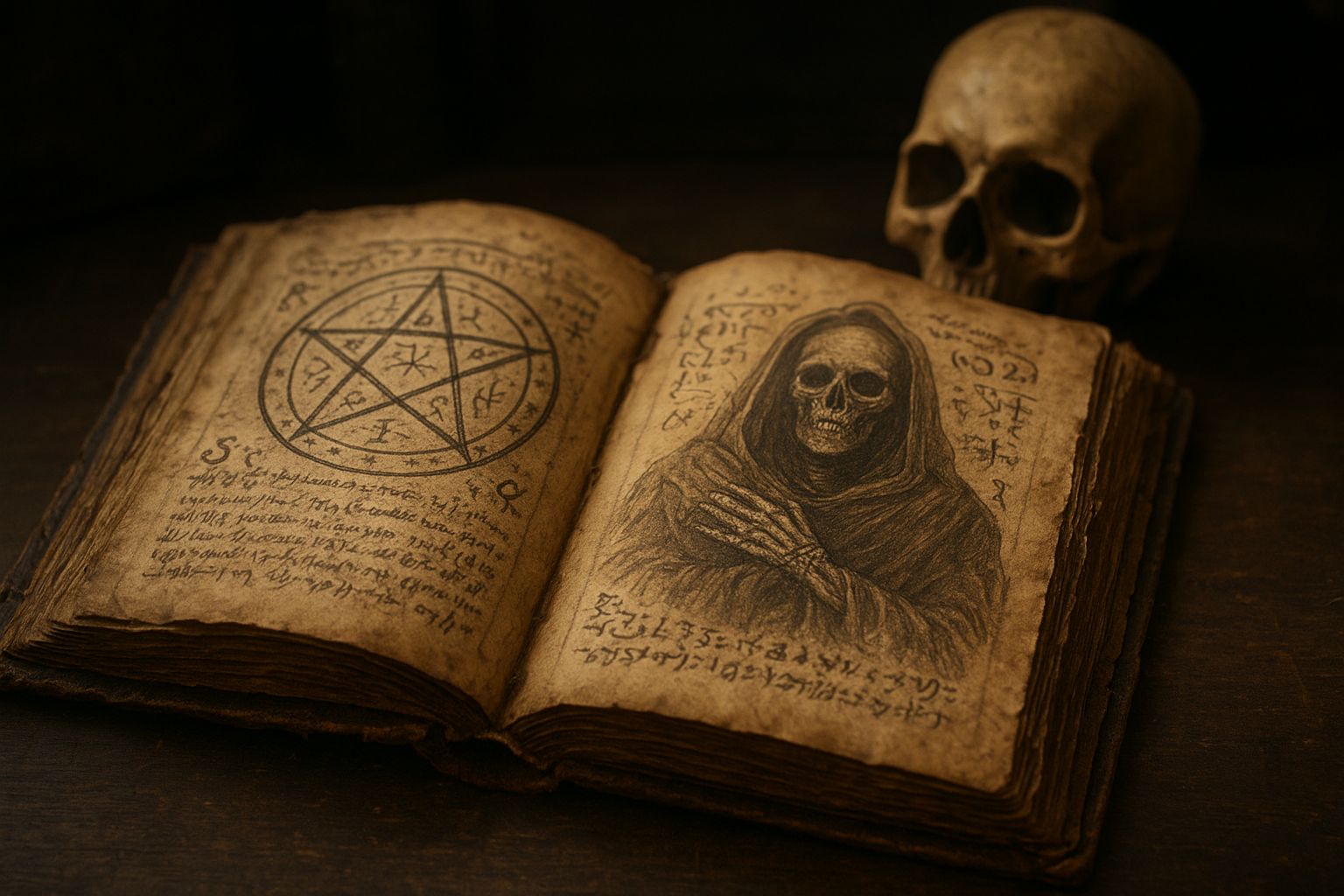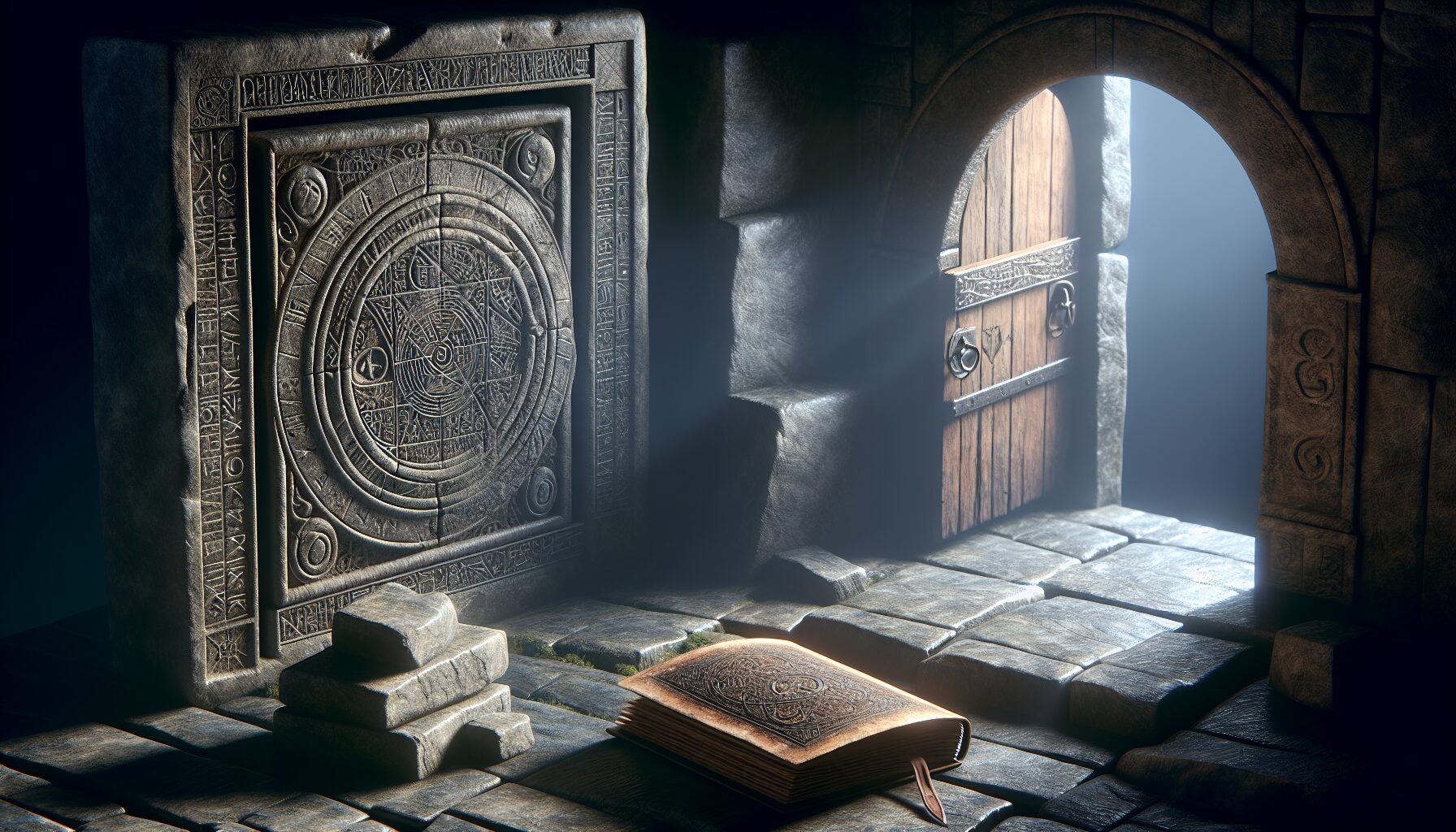Phantom Codex: Arcane and Occult Mysteries
Throughout human history, the lure of the mysterious and the occult has captivated the curiosity of many. Hidden among these mysteries is the concept of the Phantom Codex, an elusive manuscript purportedly holding arcane and otherworldly secrets.
The Origins of the Codex
The exact origins of the Phantom Codex are shrouded in enigma. Some researchers believe it to be a creation of medieval alchemists who sought to transmute base materials into gold and achieve eternal life. Others suggest it is a modern fabrication, a testament to our enduring fascination with the unknown.
“The real mystery is not the Phantom Codex itself, but the power of belief in the unknown.” — Dr. Henrietta Morrow, Occult Historian
One of the most intriguing stories about the codex involves its supposed connection to the Hermetic Order, an ancient society famed for their esoteric knowledge and mystical rituals.
Decoding the Secrets
According to lore, the Phantom Codex is bound in a language lost to time, illustrated with cryptic symbols and diagrams. Many believe it contains the following:
- Secrets to manipulating natural forces
- Formulas for alchemical transformations
- Instructions for contacting otherworldly beings
The allure of decoding such secrets has driven countless scholars to dedicate their lives in pursuit of understanding its contents. However, no concrete evidence of the codex’s existence has been presented, transforming it into more of an ideological pursuit than a physical one.
The Cultural Impact
The cultural impact of the Phantom Codex is undeniable, influencing writers, filmmakers, and artists. Its presence can be noted in works of fiction that explore themes of hidden knowledge and the thirst for power, remarkably echoing those of H.P. Lovecraft and his tales of cosmic horror.
Grimoires, like the Phantom Codex, contribute to society’s appreciation and romanticization of the mystical, reminding us of the vast spectrum of human understanding.
The Undying Fascination
The Phantom Codex may remain elusive, but the legends surrounding it show no signs of fading. Its mystique lies in the balance between existence and non-existence, the real and the imagined, challenging our perceptions of reality.
In this age of information, where many seek to demystify the world through science and reason, the Phantom Codex stands as a reminder of the eternal allure of the unknown. The pursuit of these arcane and occult mysteries continues to inspire and daunt those drawn into its shadowy embrace.





